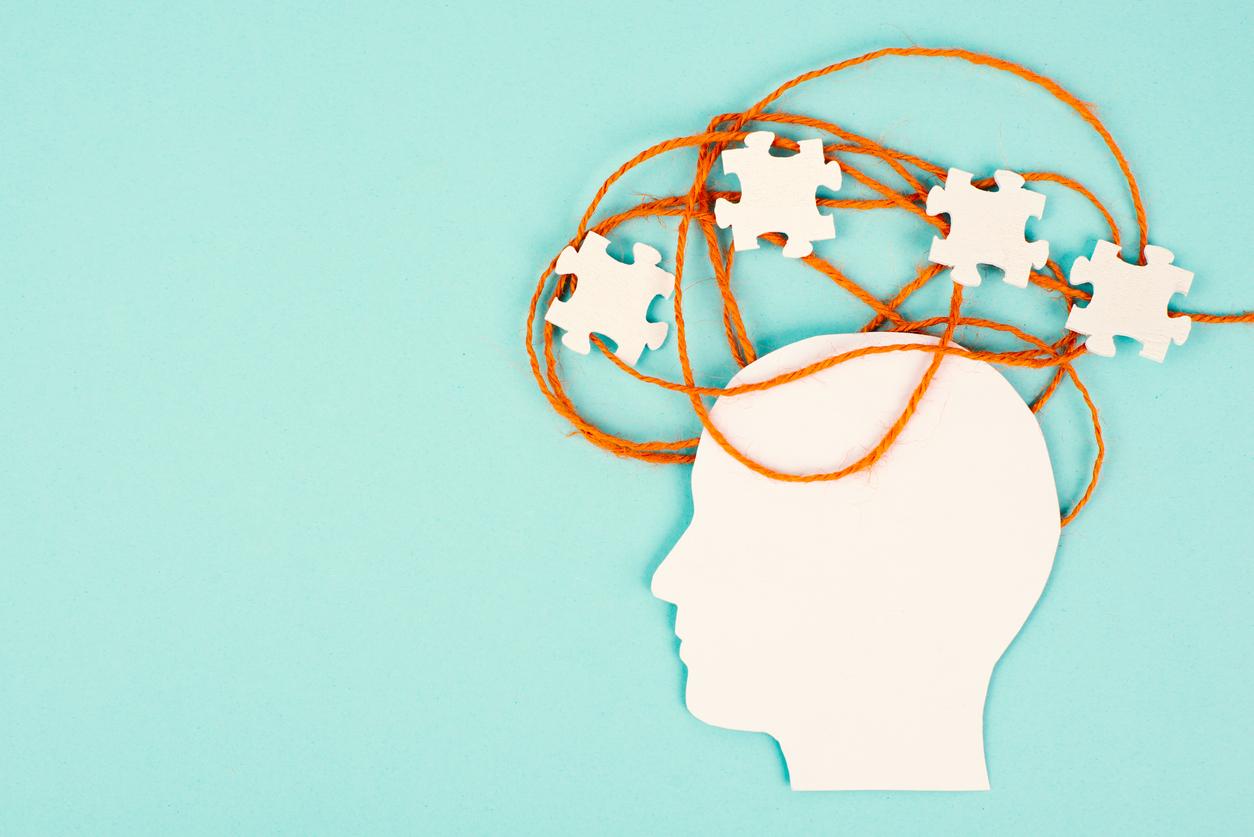Tempo, melody, variations … Certain musical characteristics would be more effective than others to improve its cognitive performance and thus boost its productivity.

- A new study reveals that, among four distinct sound atmospheres, only music “work flow” improves mood and concentration at work.
- Unlike too distracting hits or “Deep Focus” pieces too monotonous, it offers an ideal balance: moderate tempo, simple melody and without words.
- Cognitive tests have shown that 76 % of participants felt better mood and increased productivity.
The link between music and productivity has long intrigued researchers and the general public. While streaming platforms multiply the playlists intended to shoot down work, a team of scientists has asked the question in good and due form: what kind of music is really effective in improving concentration and performance? Their study, published in Plos Onebrings some elements of response by distinguishing the effects of different types of sound atmospheres on cognitive capacities.
A balance between rhythm and simplicity
As part of their work, researchers from the universities Georgetown and Stanford (United States) tested the effect of four types of musical backgrounds: “Work Flow” pieces specially composed for work, music “Deep Focus “minimalist, popular hits and a general office simulation (hubbub of conversations, computer keyboard sounds …). Result, it appeared that only music “Work Flow” significantly improves mood and performance.
The researchers have identified precise characteristics explaining the effectiveness of this music: a moderate and constant tempo, a simple melody without words, clear tones and few dynamic variations (that is to say, sudden changes in volume or ‘intensity).
Beware of popular tubes that divert attention
Unlike popular tubes that catch attention too much or pieces “Deep focus” sometimes too monotonous, music “Work Flow” “Stimulates without distracting”they specify in a press release.
To assess these effects, 196 participants were subjected to a classic cognitive test: the flanker task, which measures selective attention and information processing speed. Those who listened to music Work Flow have shown a clear improvement in their performance and better mood, regardless of their level of initial stress. Almost 76 % of them felt an increase in their well-being, against less than half for other groups.
When music boosts energy and positive emotions
These results corroborate a theory called Arousal-Mood (excitation-humor), which suggests that music can boost cognitive performance by simultaneously raising energy level and positive emotions. The secret of “work flow” music would therefore reside in its perfect dosage between commitment and simplicity.
The researchers also studied how these effects could vary depending on the individual specificities. She found that people who generally experience stronger emotional reactions to music tended to respond more quickly on the whole during the task.

















